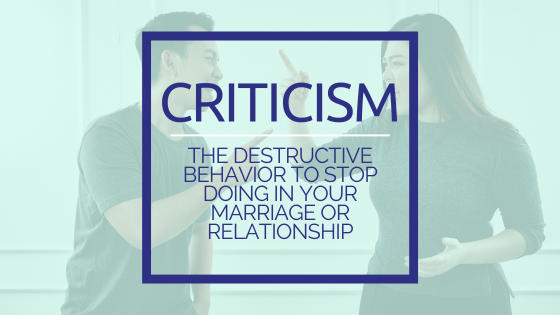Affairs can be devastating to a relationship, shaking the foundation on which a couple has built. The aftermath of an affair is often filled with emotional turmoil, mistrust, and a sense of betrayal. Considering addressing the aftermath of an affair in couples therapy can feel very daunting. As a couples therapist, I often encounter couples who harbor fears about seeking help for the aftermath of an affair. In this blog post, my hope is to dispute common myths surrounding infidelity in couples therapy and provide reassurance and guidance for those thinking about couples therapy for affair recovery or infidelity recovery.
Myth #1: The Role of the Couples Therapist In Affair Recovery Is To Assign Blame
One myth, and a significant fear for many couples, is that the role of the couples therapist will focus on assigning blame to one partner. Couples therapists work towards fostering open communication and facilitating a deeper understanding of each partner's needs and concerns. Blaming one partner for the affair would be very unhelpful and could potentially harm the therapeutic process. Both individuals play a role in the healing process, and couples therapy aims to create a supportive environment for both partners to express themselves.
Myth #2: Seeking Couples Therapy For Affair Recovery Should Only Be A Last Resort
Only utilizing couples therapy as a last resort is a misconception. Oftentimes, couples feel that their only option is to get through the aftermath of an affair alone, which can cause even more added stress to a very delicate and challenging situation. Seeking couples therapy early on after infidelity or an affair is discovered can help the couple feel supported and that they do not have to navigate this alone. Therapists are equipped with the skills and tools to guide couples through the challenges of affair recovery - rebuilding trust, fostering communication, and repairing the relationship after an affair happens.
Myth #3: The Role Of A Couples Therapist In Affair Recovery Is To Only Focus On The Partner Who Was Involved In An Affair
Some couples may fear that therapy will solely focus on the partner who had the affair. In reality, effective couples therapy for affair recovery involves addressing the needs and emotions of both partners. Couples therapists strive to create a balanced approach, ensuring that each individual's experiences are acknowledged and that each partner feels heard and validated through this process.
Myth #4: Couples Will Be Able To See Immediate Resolution With Just A Few Sessions
Expecting to see an immediate resolution is another misconception about couples therapy for affair recovery. Rebuilding trust after infidelity is a gradual process that requires time, patience, and commitment from both partners. Therapy provides a structured and supportive environment, but it does not offer a quick fix. Couples should be prepared to invest time and effort when working towards infidelity recovery or affair recovery.
Infidelity is undoubtedly a delicate and challenging topic for couples to navigate. However, addressing these myths about affair recovery in couples therapy can help alleviate fears and encourage couples to seek the support they need when thinking about seeking couples therapy for affair recovery.
Emily Ilseng, MA, LMFT Associate
Offering Austin Couples Therapy for Affair Recovery and Individual Counseling




































































